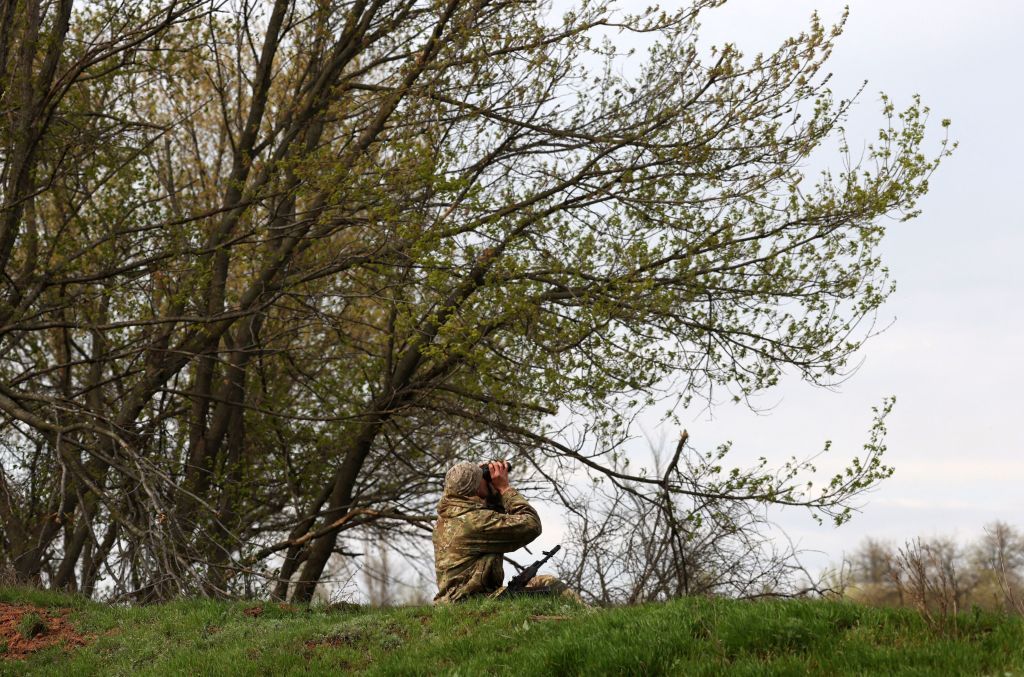Soils in northern Crimea are unsuitable for agriculture, according to a televised statement on April 19 from the Permanent Representative of the President of Ukraine in the Autonomous Republic of Crimea Tamila Tasheva.
Much of the former farmland in northern Crimea has become contaminated and unusable for agricultural projects due to Russia’s war in Ukraine.
The land has been destroyed by excessive water extraction, which led to increased salinization to a level that degraded the soil.
According to Tasheva, the problems with water extraction began in 2014 when the Russian occupiers issued "many licenses for ground water extraction" after the illegal annexation of Crimea.
The ecological impact of the Russian military presence in Crimea extends beyond water use, Tasheva said. New infrastructure projects and destruction of natural resources for creation of military bases also negatively impacted the ecosystems.











